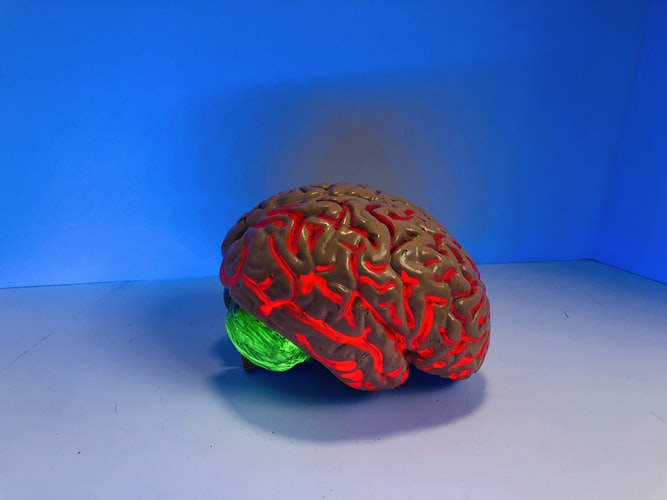What is Autonomic Dysfunction?

Causes
As previously mentioned, Autonomic Dysfunction can occur as a result of damaged nerves. It can also develop from specific conditions such as:
- Diabetes
- Cancer
- Autoimmune diseases
- Alcohol abuse
- Parkinson’s disease.
Autonomic Dysfunction can range anywhere from mild to life-threatening and can even worsen over time if left untreated. The condition is different on a case to case basis in terms of severity, symptoms, and areas of the body affected. Autonomic Dysfunction can affect a small part of the ANS or the entire ANS, all being dependent on the person and conditions.
Symptoms
Autonomic Dysfunction can cause suffering and major inconveniences to patients dealing with it. If you are dealing with any of the symptoms below, it is important to contact your Neurologist near West Islip as soon as possible to get to the root of the issue. The symptoms of Autonomic Dysfunction include:
- Dizziness or fainting upon standing
- Sweating abnormalities (excessive sweating or lack of sweating)
- Loss of appetite or difficulty swallowing
- Bloating, Constipation, or Diarrhea
- Erectile dysfunction in men
- Vaginal dryness in women
- Vision problems, such as blurriness
- Inability to alter heart rate when exercising
- Tremor
- Muscle weakness
- …and more!
It is important to understand that the symptoms experienced, as well as their severity level, vary from person to person. Certain symptoms may be tied to specific types of Autonomic Dysfunction, which is why it is very important to speak with a Neurologist near West Islip as soon as possible. These symptoms can get in the way of everyday life and activities and can eventually get worse, so it is crucial to have them assessed early on.
Treatments
The treatment method prescribed by a doctor is very dependent on the symptoms experienced and the type of dysfunction occurring. For some patients dealing with Orthostatic Hypotension, which is a blood pressure dysfunction, lifestyle changes and prescription medication can help ease the symptoms. Nerve damage, however, is more difficult to cure. More severe cases may require physical therapy, feeding tubes, walking aids, and heavier medication to help treat. This is why it is so crucial to find a Neurologist near West Islip who can properly diagnose and treat your condition.
Neurologist West Islip NY
If you or someone you know is experiencing some of the symptoms listed above, it is time to get in contact with a Neurologist near West Islip. Here at Nassau Suffolk Neurology, we offer testing to determine whether or not a patient has Autonomic Dysfunction and if so, which type they are suffering from. From there, Nassau Suffolk Neurology can find a treatment plan that works for each patient! Contact us today to see how we can help you get your quality of life back!
